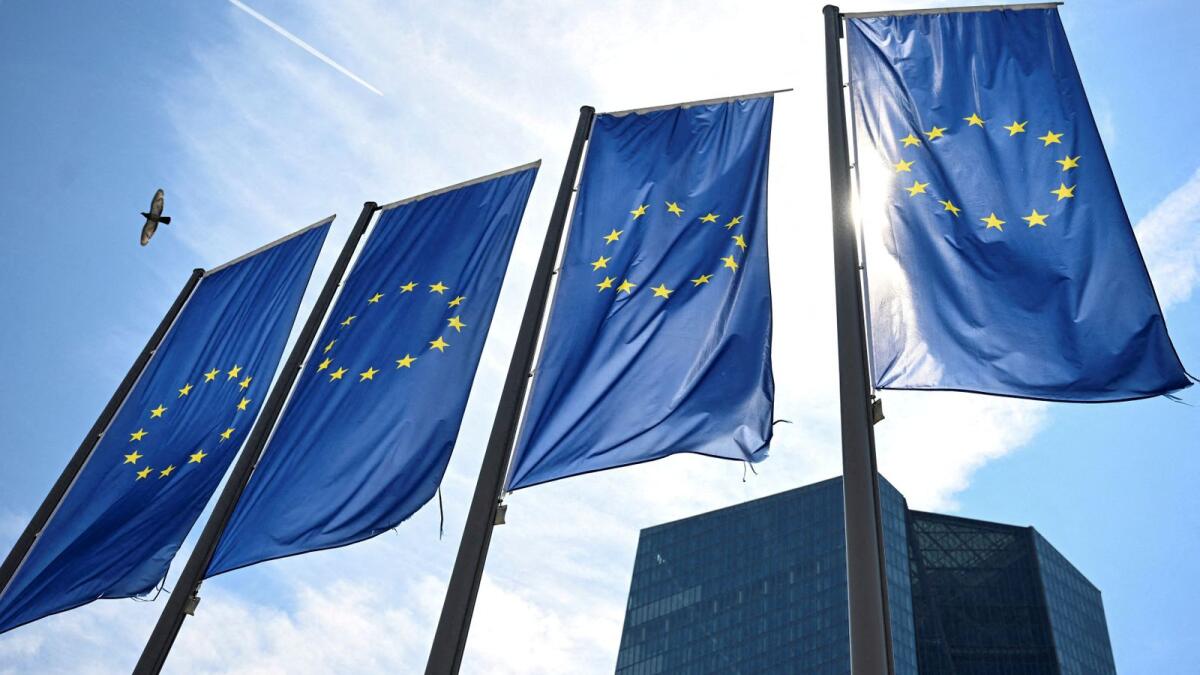The European economy showed better-than-expected growth in the second quarter of 2024, with the eurozone recording a 0.3 per cent growth over the April-June period. This growth beat economists’ forecasts of 0.2 per cent, indicating a rebound since January despite Germany’s weak performance. The European Central Bank may not rush to further lower interest rates following a rate cut in June, as the growth figures are likely to support their view.
While the overall eurozone’s growth is impressive, concerns remain over Germany’s performance, as the country’s output contracted by 0.1 per cent in the second quarter. Germany is being seen as the growth laggard of the eurozone, with a slight possibility of a rebound in the second half of the year, although it may not be a strong one. In contrast, France and Spain performed well in the second quarter, surpassing growth forecasts and driving some positive momentum in the eurozone.
France, currently hosting the Olympic Games in Paris, is expected to give a small boost to the eurozone economy in the third quarter of 2024. Strong household spending and exports drove growth in Spain, while France’s output was boosted by foreign trade and corporate investment recovery. Southern European countries like Italy and Portugal also recorded expansion, indicating a slightly better performance in this region compared to other parts of the continent.
Despite the positive growth figures, there are warning signs for the European economy, especially after data showed a slowdown in business activity in the eurozone in July, particularly in the manufacturing sector. All eyes will be on eurozone inflation data for July, which is expected to be published soon. Consumer prices remain above the ECB’s two per cent target, indicating certain economic challenges that may need to be addressed in the near future.
Overall, the eurozone’s economy has shown resilience and growth in the second quarter of 2024, beating expectations and indicating a positive trend following previous stagnation. While concerns remain over Germany’s weak performance, other countries like France and Spain are driving growth in the region. With inflation data on the horizon, policymakers will need to carefully navigate potential challenges to sustain the eurozone’s economic momentum in the coming months.











